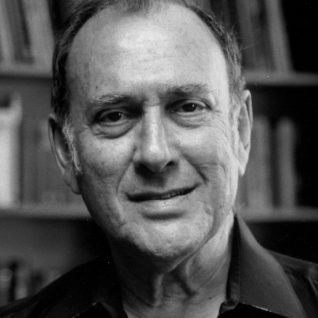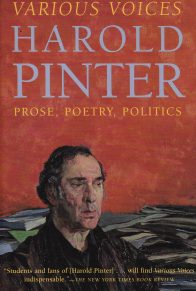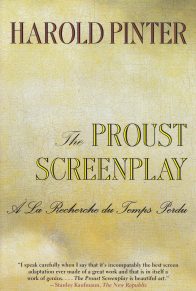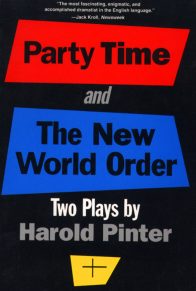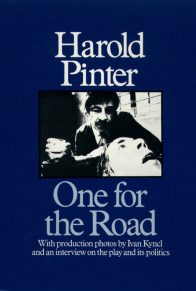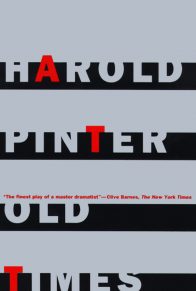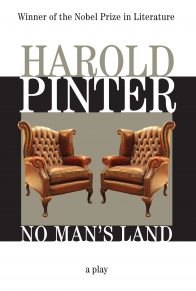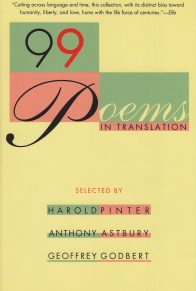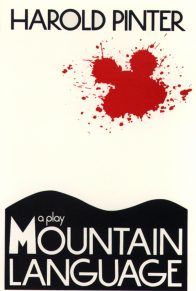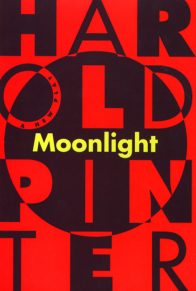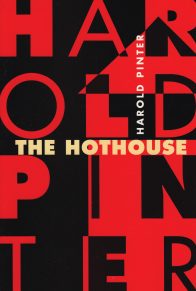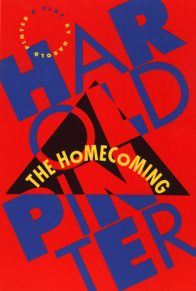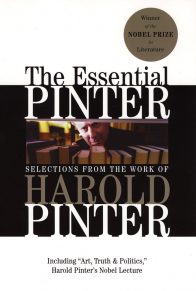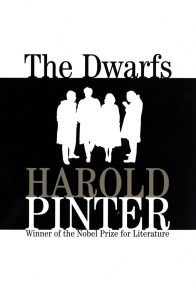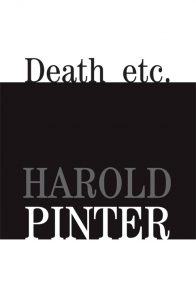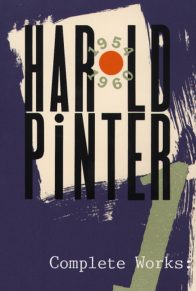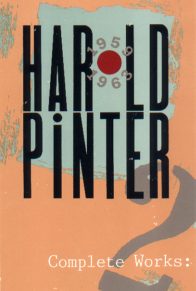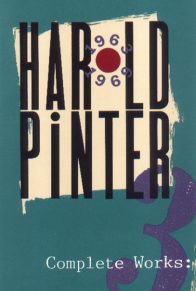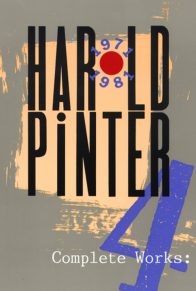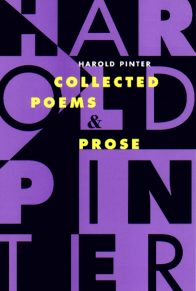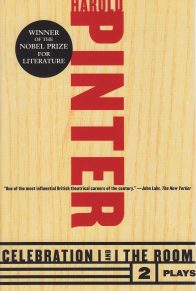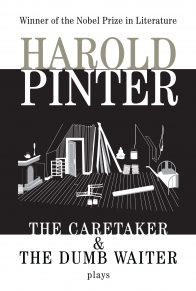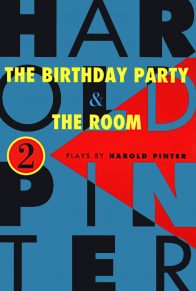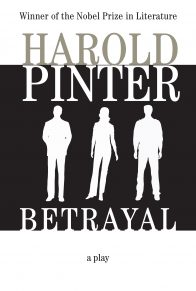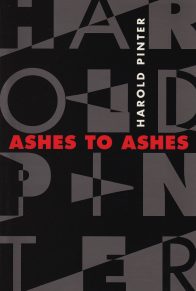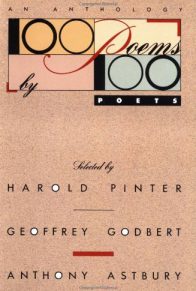Praise
“Pinter is undoubtedly the most influential and important craftsman in English theatre . . .” —The Times Literary Supplement
“The most fascinating, enigmatic, and accomplished dramatist in the English language.” —Jack Kroll, Newsweek
Awards
Italia Prize — The Lover (1962) CBE (1966)
Shakespeare Prize (Germany) (1970)
Austrian State Prize for European Literature (1973)
Laurence Olivier/BBC Award for Best New Play — Betrayal (1979)
SWET Award — Betrayal (1979)
Pirandello Prize (1980)
Donatello Prize (1982)
Giles Cooper Award — Family Voices (1982)
Elmer Holmes Bobst Award for Arts and Letters (1984)
Companion of Literature (Royal Society of Literature) (1990)
David Cohen British Literature Prize (1995)
Laurence Olivier Special Award (1996)
Sunday Times Award for Literary Excellence (1997)
Critics’ Circle Award for Distinguished Service to the Arts (2000)
Hermann Kesten Medallion (awarded for outstanding commitment on behalf of persecuted and imprisoned writers by German P.E.N.) (2001)
PEN/S.T. Dupont Golden Pen Award (Lifetime’s Distinguished Service to Literature’ award) (2001)
Premio Fiesole ai Maestri del Cinema (Italy) (2001)
South Bank Show Outstanding Achievement in the Arts Award (2001)
World Leaders Award (Canada) (2001)
Companion of Honour (2002)
Critics’ Circle Special 50th Year Award (playwright) (2004)
Wilfred Owen Award for Poetry — War
Nobel Prize for Literature (2005)
Europe Theatre Prize (2006)
Franz Kafka Award (2006)
Legion d’Honneur (France) (2007)
Patrick Marber on Harold Pinter
When I was fourteen I happened to meet the celebrated drama critic Jack Kroll. We were in his New York office at Newsweek when he asked me what I wanted to do with my life. I told him I’d like to write plays, if I could.
“Would you now?” He handed me a Grove Press edition of Pinter: Plays One and said, “You’s better have this then.”
In 1995 my first play was put on at the National Theatre.
One night, I was knocking around the lighting box just before curtain up. “Anyone in?”
The Deputy Stage Manager said, “Harold Pinter.”
“Yeah, yeah.”
“No, really.”
A few days later I received a little note from him, congratulating me on the play. I kept the note in my breast pocket for a month.
In May of 1999 we had lunch. Harold wore a black shirt and drank white wine. In fact, we drank a fair amount of white wine together. I’d put it about, via our mutual agent, Judy Daish, that I’d be pretty keen to direct The Caretaker and work came back that Harold would not be averse. So we discussed the play in an adult fashion, director to playwright. I wondered when someone was going to tap me on the shoulder and wake me from this fantasy.
A month or two later I called Harold to discuss some bit of production business. He came to the phone, full fo beans. “Hallo, Harold. You sound well.”
He told me that he was “well” and that he was writing a new play. He spoke like a man who had never written a play before, thrilled and delighted that the words were flowing. I was stabbing around in the dark with a new one. Harold asked after it delicately; he treated me like a fellow writer, as if all writers are equals, all prone to the same problems.
When I directed my second play, Closer, on Broadway, Jack Kroll came to interview me for Newsweek magazine. We chatted away in the lobby of the Algonquin Hotel where I was staying. I told him he’d given me a book some twenty years ago and that it had been more than useful. He was delighted. He spoke at some length and with great admiration for and about Harold’s work.
Jack Kroll died this summer.
It was an honor to have met him.
The book he had given me was upstairs in my hotel room.
Why would I ever part with it?
It’s here on my desk, as I write.
